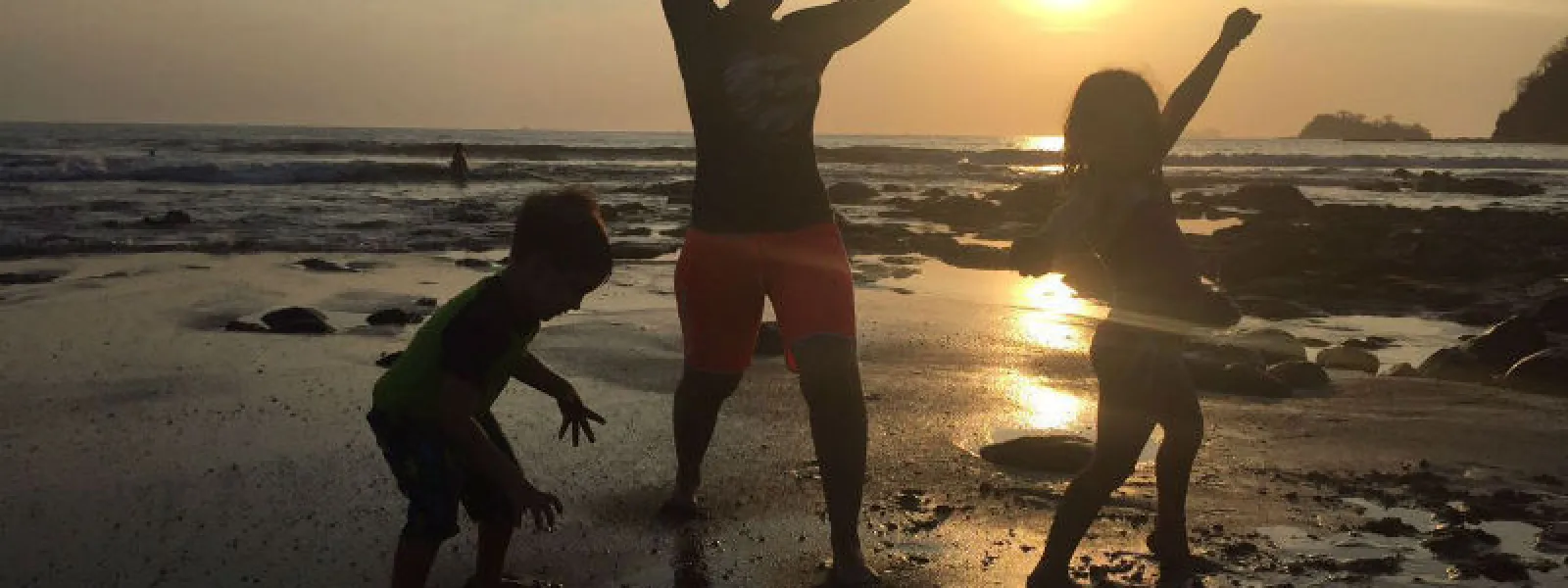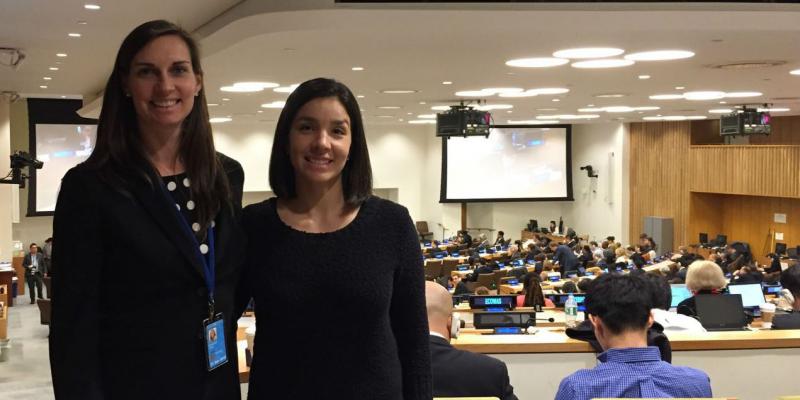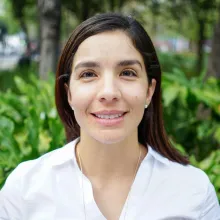
Conserving the shared parts of our oceans
By Gladys Martínez, AIDA senior attorney
During Semana Santa, my family and I visited the Las Baulas National Marine Park in Guanacaste, Costa Rica. A clearly committed park ranger there told us about the threats sea turtles face when they spawn on the coast, and of the importance of protecting the beaches and avoiding poorly built development projects.
But what most caught my attention was the curiosity of my two children, ages three and five, asking how far the turtles had to swim to lay their eggs. “If they get lost, do the baby turtles not get born?” they asked.
For most of us, the answer to their question is a mystery. And from that mystery comes the importance of protecting life in the high seas, those international waters that belong to no country and are therefore part of the global commons.
What happens in the high seas, far past what we can see and care for from the coast, motivates the 33 NGOS and 193 delegations of the United Nations currently meeting in New York. Over the course of two weeks, they’re working to create a legally binding agreement that conserves marine life in areas beyond any national jurisdiction.
The agreement will be implemented under the United Nations Convention on the Law of the Sea (UNCLOS).
AIDA is the only NGO from Latin America that is present at the First Session of the Preparatory Committee, which seeks to create the new treaty within two years. As part of the High Seas Alliance, and with support from the Pew Charitable Trusts, we are working to bring the voice of Latin American civil society to the negotiations.

Alongside other member organizations of the High Seas Alliance, we are advocating for the new treaty to include the following principles:
- Protection and preservation of the marine environment of the high seas.
- Cooperation between States to conserve the living resources of the high seas.
- Use of the best available scientific information in decision-making.
- Good management of high seas resources, guaranteeing them for present and future generations.
- Implementation of the precautionary principle, according to which the absence of information cannot constitute an excuse for the failure to protect the ecosystems of the high seas.
- Management based on large-scale planning that takes into account the interrelation of marine biodiversity.
- Sustainability and equity in reference to the possibility of using resources to meet the needs of present generations, while protecting the needs of future generations. Special attention should be given to the interests of and benefits to developing countries.
- Good governance (transparency, public participation and access to review procedures and resources).
- “Polluter pays,” a principle that implies that States causing pollution must take responsibility for it.
- Compliance with and respect for the commitments made under UNCLOS.
Additionally, we consider it of vital importance that States establish marine protected areas, beyond national jurisdictions, to guarantee the conservation of marine biodiversity.
At AIDA, we look with great hope and enthusiasm for the commitments of the States during this first leg of the long road ahead. We know that after these two years of negotiations, we will successfully emerge with a treaty that protects the marine biodiversity that belongs to us all—that rich life that lives in the greatest part of our seas.
Thank you for supporting us as we continue to work towards this goal!
Gladys Martínez de Lemos

Gladys Martínez is AIDA's Executive Director, working out of San Jose, Costa Rica. For eight years, she led AIDA’s Marine Biodiversity and Coastal Protection Program. Gladys has a law degree from the University of Costa Rica and a master's degree in Environmental Security and Peace from the United Nations University for Peace. She also became a Kellog Executive Scholar in Nonprofit Management through Northwestern University's Kellogg School of Management.
